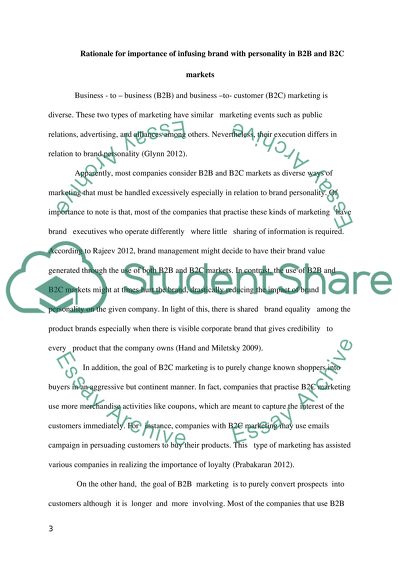Cite this document
(“Brand Marketing Essay Example | Topics and Well Written Essays - 2250 words”, n.d.)
Retrieved from https://studentshare.org/marketing/1484876-brand-marketing
Retrieved from https://studentshare.org/marketing/1484876-brand-marketing
(Brand Marketing Essay Example | Topics and Well Written Essays - 2250 Words)
https://studentshare.org/marketing/1484876-brand-marketing.
https://studentshare.org/marketing/1484876-brand-marketing.
“Brand Marketing Essay Example | Topics and Well Written Essays - 2250 Words”, n.d. https://studentshare.org/marketing/1484876-brand-marketing.


